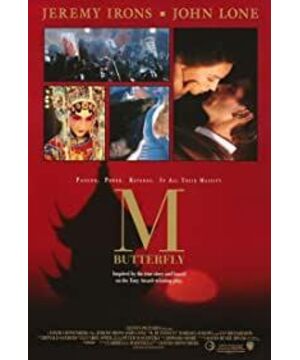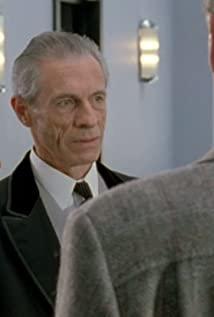Butterfly-kun told Renni that the story of a Japanese woman committing suicide for the U.S. Navy in the opera is only moving because it conforms to Western fantasies. If it were a Western woman who committed suicide for the remarriage of her beloved short Japanese businessman, she would probably regarded as a fool. Rennie ended up being similar to this western woman and was ridiculed by the whole country, but he didn't think so, he was deeply in love with Butterfly Jun, a woman with oriental charm, even though he already knew that she was pretending, and the time he spent with Butterfly Jun It was real to him, he used suicide to express his deep feelings, and deduced the scene that Western men can also commit suicide for Eastern women. The role of Butterfly Jun is sandwiched between loyalty and emotion. On the one hand, he wants to do things for the organization and obtain information. On the other hand, he longs for free love. He loves Renni, so I hope Renni will face the reality that he is a man. However, he reluctantly found out that Renni didn't love him, but him dressed as a woman, so he gave up. The once fantasy, the submissive oriental women and the cruel white people, seems to be reversed now, and such an ending is not only ridiculed by people in the show, but also not accepted by outsiders. Farewell My Concubine is more popular by comparison, and the two films released in the same year seem to be the exact opposite in this regard. The role of Butterfly Jun is also acting in Peking Opera, and the housekeeper speaks Cantonese, a bit like Zunlong's experience, this role is really suitable for him.
View more about M. Butterfly reviews











